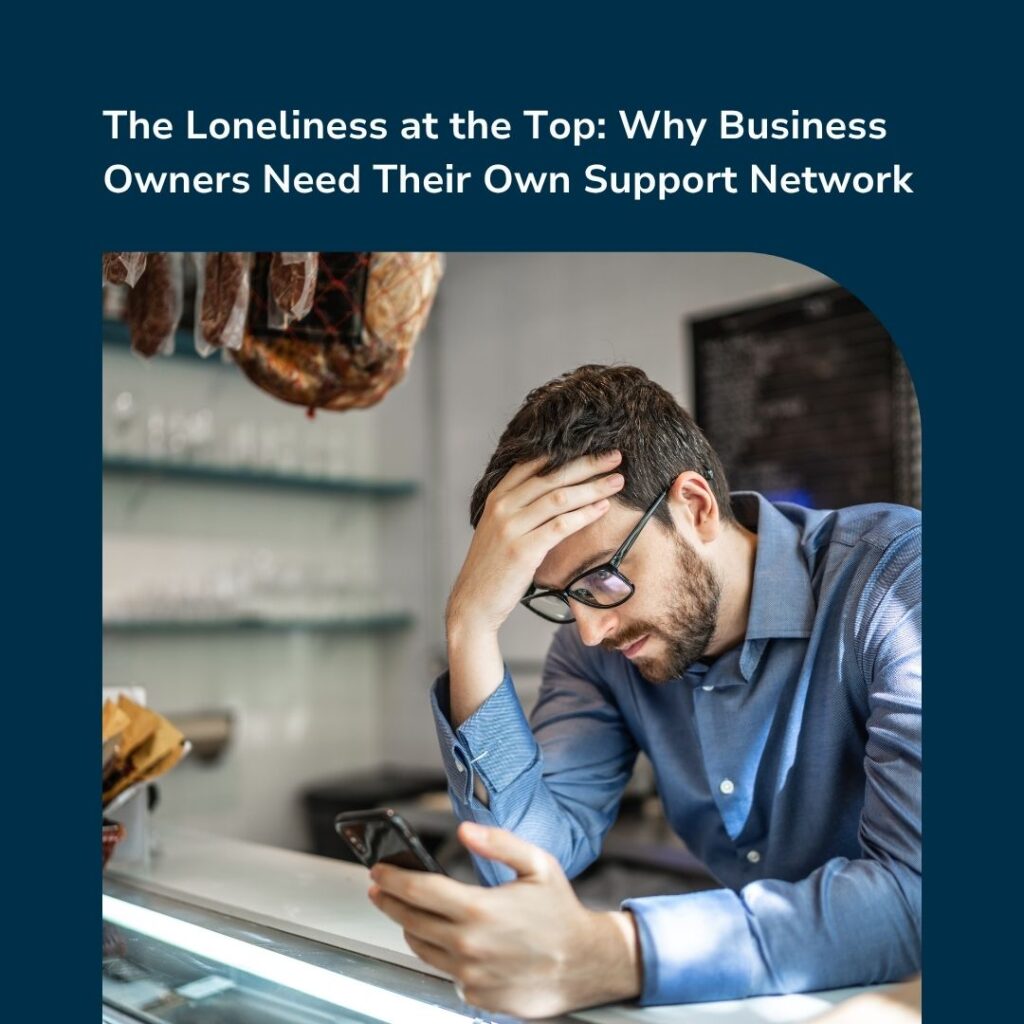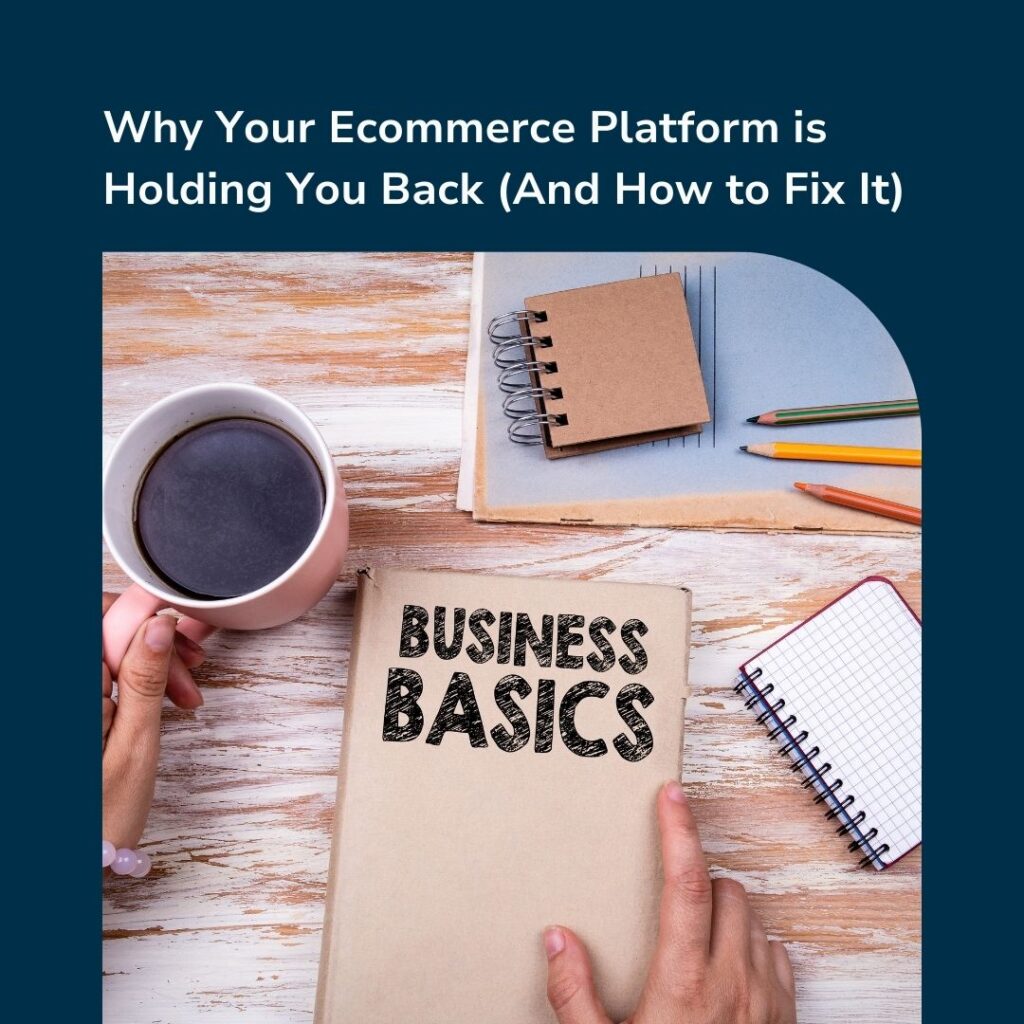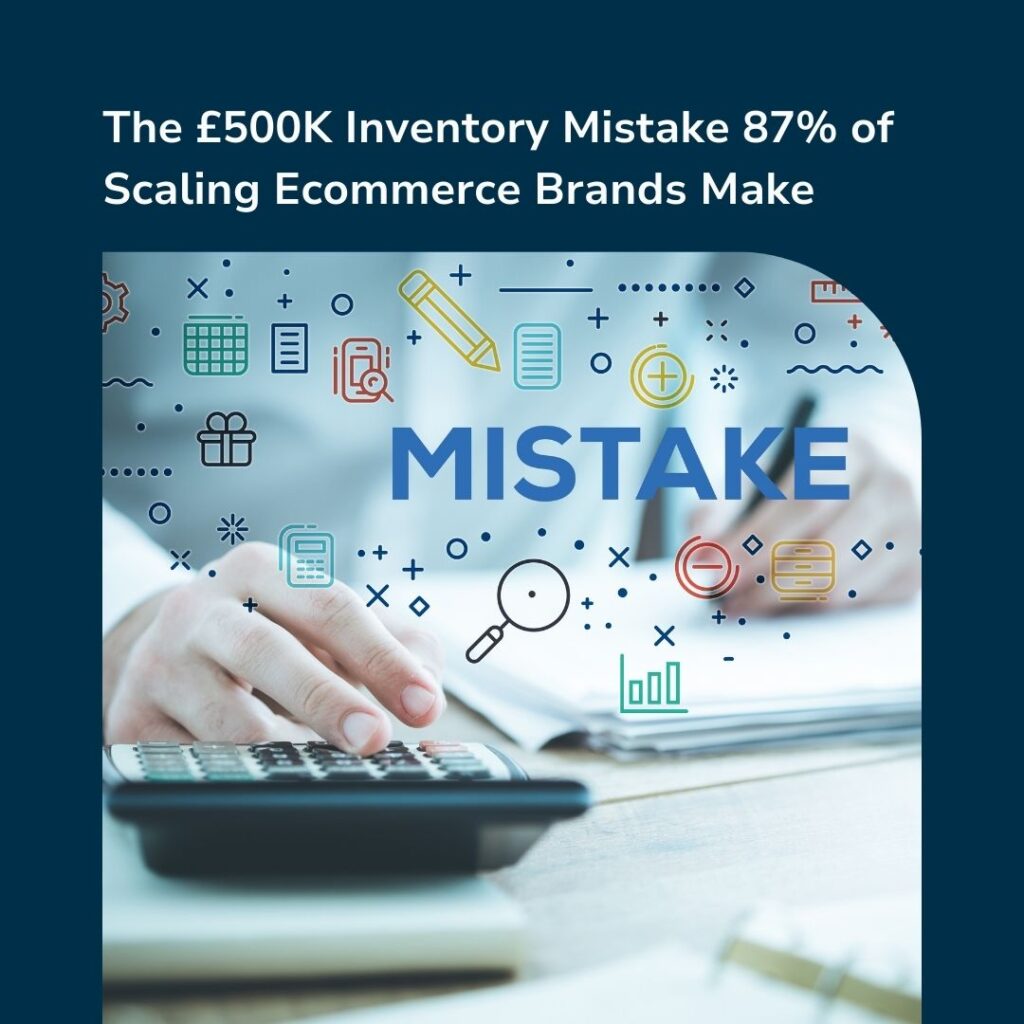[vc_row][vc_column][vc_column_text]
Tags – Business Coops
How many “big” businesses can you name in your sector? 5? 10?
In general, big businesses are hard to come by. In terms of statistics, different sources give different odds of going big in business, usually down at the low end of success rate. For instance, even for a savvy seed accelerator like Y Combinator, the odds of success are 1 in 10.
The chances of success shrink even further in the open market. The chances of building a billion dollar company are 0.00006%. Hence, we asked the question in the beginning – How many “big” businesses can you name in your sector?
There is a simple reason for the small number of big businesses. For someone to grow in business, others may have to decay and die. There is only that much space in a market, which may expand or shrink based on the overall economy. But, the limits to growth are always quite sharp.
Under these circumstances, the chances of your business decaying and dying multiply when you don’t have the ambition to keep growing it. Harsh, but we see such examples regularly. Simply, if you are not growing your business, you are dying slowly.
The Power with Being Big
Going big is not just a necessity, it has added benefits too. By going big, you are the king of the jungle.
At the most basic level, being big generally leads to diversified means of generating further income. Put simply, being big in business allows the launch of multiple products and services. In some cases, the losses on one product can be offset by the push of another. Simply, you get the luxury of internal diversification of investment, rather than relying on external economic decision-making.
Similarly, big businesses are able to explore economies of scale. Even from a supplier-relation point of view, large companies are able to negotiate and reduce costs on product and service development. All this can be done while enjoying a greater brand power that generally comes with size. However, the negotiation power of big businesses doesn’t just stop here.
How many times have you heard about the negotiation powers of Google or Apple? There are even greater examples in the pharma industry – even governments cannot match some names. As a result, these companies enjoy more freedom than your average Joe.
(Whether the practices adopted by these companies are ethical or not is a different debate altogether. We hope when you grow, you stay true to the voice inside you).
The Big Small Business Coops
But, going big doesn’t mean that the little guy cannot act big. In fact, sometimes, acting big can be the only option.
Specifically, in some industries, it is almost impossible to be big to a level where you can dictate the market. For instance, if you are a coffee farmer, even though the world is in love with coffee, there’s a great chance that you are still living in poverty.
In other cases, at the beginning of your journey at least, you just have to play smart and pull strings.
But, what if I tell you that there is a way – a positive initiative that is changing lives worldwide – Business Cooperatives.
Business Cooperatives
Business coops are a rising movement within small businesses.
In essence, business cooperatives are an extension of the concept of cooperatives themselves. A voluntary, individualised decision to unite. Such unions can produce extended social, economic, and even cultural positives.
In fact, statistics show the true value in taking the coop route for business.
For instance, twice the number of coops survive the first five years in business as compared to other business ownership models – a whopping 80% of them. Putting this in perspective, 90% of startups fail, as compared to 20% cooperatives.
Simply, you are better off being a part of a coop.
So, what is a business coop?
What is a Business Cooperative?
In its simplest form, a business coop is when a group of similar or niched services in a sector come together to form bigger organisations. Other instances of business coops may include service coops, worker coops, second and third tier coops, and platform coops.
To provide context here:
- Service coops are instances where the service users own and manage a business.
- Worker coops are companies owned by the employees. In the UK, John Lewis is a major example of a worker coop.
- Second and third tier coops are businesses owned by other coops.
- Platform coops are cooperatively owned digital properties, e.g. websites and apps that facilitate the sales of other products and services.
Coming back to the concept of a coop, in essence, you may have a small business, but can act big by becoming a part of a group. Thus, each constituent section of the corporation is a stakeholder.
Business coop model has done wonders for some industries. For instance, coffee cooperatives, where, as we mentioned earlier, farmers struggle to make ends meet. Let’s elaborate.
Coffee Coops – The Positive Results
80% of the world’s coffee is produced by smallholders – 25 million of them.
This means that an estimated 125 million people around the world depend on coffee farming as a livelihood. Given that the amount of coffee produced from year to year varies because of weather conditions, many coffee smallholders struggle to make ends meet. To get around the issues, coffee cooperatives are forming around the world with a very specific goal.
Coffee cooperatives are partnerships among smallholders who work together to improve the quality of coffee, as well as their lives.
This allows the group of farmers to have greater negotiation power against buyers, as well as bringing a sense of direction for social change. Whether it’s the CooCentral in Colombia empowering female farmers or Coopetarrazú that has been focusing on sustainable production and marketing of coffee, coffee cooperatives are bringing the kind of positive change that we should all be rooting for.
Concluding Remarks – Growing Together
In essence, business cooperatives are communities of businesses that grow their businesses by being smart about it. When you come together, you grow together.
This is what Axies Digital focuses on too. Through a management system that helps flourish specialists, and a community of external businesses taken on and seen as partners, Axies Digital has been able to produce tremendous results within the first year of its operations.
The results – top 10 Digital Marketing Agency on Google in 3 British cities. The 3 cities being Leicester, Birmingham, and London. And, this is not the end. The process of our growth is continuous.
Join us on our journey and start enjoying real life business and digital growth with us. To learn more, get in touch with us today.
And, to read about other areas of social behaviour and change connected with business, check:
- Social Currency – Conquering the Customer Behaviour Challenge
- From Digital to Physical Connections – The LinkedIn Example
- The Positive Impact of Employee Recognition on Branding
[/vc_column_text][/vc_column][/vc_row]








